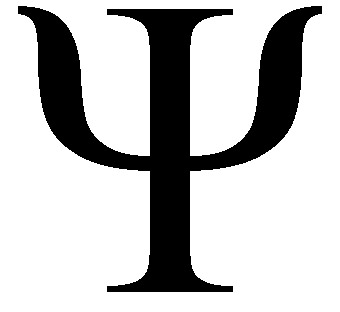To change or not to change
Taking their husband’s last name after marriage-What do most new brides decide?
To change or not to change; to hyphenate or not to hyphenate—as their wedding day approaches, soon-to-be brides may consider these thoughts when it comes to their last name. Though more women are beginning to choose alternatives to taking their husband’s surname (last name), the vast majority continue to adhere to common tradition and change their last name to that of their husbands (1). In fact, in a recent study only six percent of U.S. born women were found to have unconventional surnames. That means that over 90 percent or at least 9 out of every 10 women choose to go the traditional route and take their partner's name upon marriage.
Why do women choose a nontraditional surname such as hyphenation, maintaining their birth name, or having two surnames?
Younger women, a larger age difference between spouses and higher educational attainment were all associated with nontraditional last names (1). Based on this data, the more advanced her degree (master’s, doctorate), the more likely a bride is to choose a nontraditional surname. As these are just associations, the meaning behind these characteristics is still being studied. However, it would make sense that more educated women may be well established in their occupational field and known by colleagues and clients by their original birth name. Therefore, they would be resistant to changing their last name and having to reestablish this name recognition.
So, what do people really think when they encounter a women with a nontraditional last name?
Research shows that college students do view women with hyphenated names differently than those with traditional last names, but not necessarily in a negative way. These women are viewed as friendlier, more good-natured, industrious and intellectually curious. They are also seen as more likely to be well educated and to have a career (2). Lastly, they are viewed as more agenic-or likely to act independently and make their own decisions versus communal (3).
What last name is given to the children, if the mother's last name is different than the father's?
It was found that about 90% of women with a different last name than their husbands still chose to give their children their husbands last name (4). Thus, even though they choose to take a nontraditional surname, they choose to remain consistent with tradition when choosing a last name for their children.
1. Gooding, G. E., Krieder, R. M. (2010). Women’s marital naming choices in a nationally representative sample. Journal of Family Issues 31(5), 681-701.
2. Forbes, G. B., Adams-Curtis, L. E. White K. B. and Hamm, N. R. (2002). Perceptions of Married Women and Married Men with Hyphenated Surnames. Sex Roles 46(5-6), 167-175.
3. Claire E. Etaugh, Judith S. Bridges, Myra Cummings-Hill and Joseph Cohen. (1999). Names can never hurt me?'' : The effects of surname use on perceptions of married women. Women of Psychology Quarterly 23, 819-823.
4. Johnson, D. R., Scheuble, L. K. (2002). What should we call our kids? Choosing children’s surnames when parents’ last names differ. The Social Science Journal 39(3), 419-429.
—N. Jung


